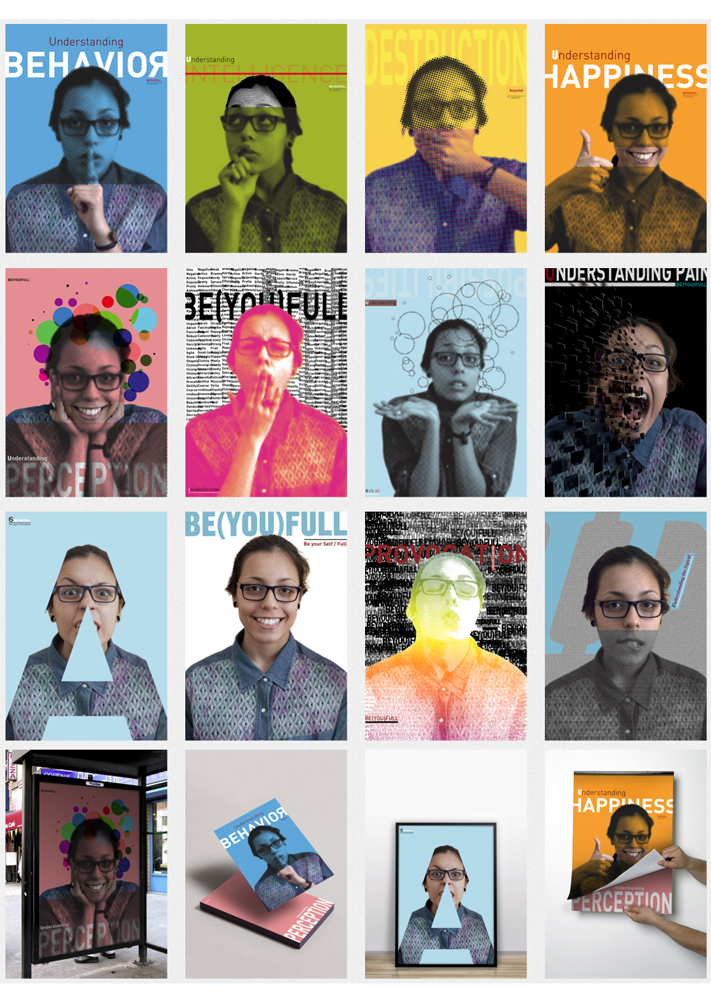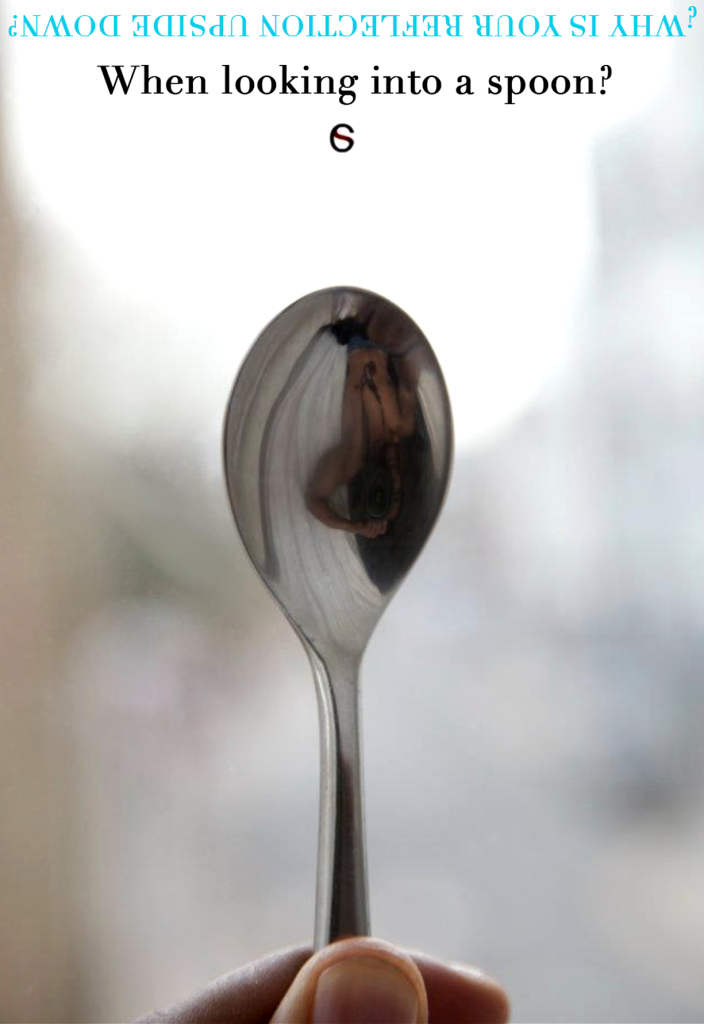
BE(YOU)FULL DESIGN INDEX-IDENTITY
In psychology, self-concept or self-identity refers to a person’s perception of themselves, including their characteristics, beliefs, and values.
In philosophy, the concept of self has been debated for centuries. Philosophers have grappled with questions about the nature of the “Self“, its relationship to the body and mind, and whether the self is a single, unchanging entity or a collection of changing experiences and perceptions.
The “Self” Design Index / Identity would refer to the idea of individuals creating or shaping their own identities, as opposed to having their identities defined by external factors.
“Self” is a term used to refer to a person’s individual identity, personality, and sense of self. It can also refer to the set of qualities or characteristics that make a person unique. In philosophy and psychology, the concept of the self is a main area of study, with theories and perspectives varying widely.
DESIGN INDEX / IDENTITY
There are many different personality typologies or ways of classifying and understanding personalities. Some of the most well-known and widely used include:
- The Myers-Briggs Type Indicator (MBTI) classifies personalities into sixteen distinct types based on four dichotomies: Extraversion vs. Introversion, Sensing vs. Intuition, Thinking vs. Feeling, and Judging vs. Perceiving.
- The Big Five personality traits, also known as the Five Factor Model, categorize personalities into five broad traits: Openness, Conscientiousness, Extraversion, Agreeableness, and Neuroticism.
- The Enneagram is a personality typology that describes nine different personality types, each with its own unique characteristics, strengths, and weaknesses.
- The Holland Codes or the Holland Occupational Themes is a theory of careers and vocational choice that describes six different personality types: realistic, investigative, artistic, social, enterprising, and conventional.
- The Trait theory proposes that individuals have consistent personality characteristics that can be measured and categorized.
- The Psychoanalytic theory proposes that personality is shaped by unconscious drives and conflicts
- The Humanistic theory proposes that individuals have the potential for personal growth and self-actualization.
These are just a few examples of the many different personality typologies that exist. It’s worth noting that while these typologies can be useful in understanding and describing personalities, they should not be used to stereotype or label individuals.
Each person is unique, and no single classification system can capture the complexity and diversity of human personalities.
Each person is unique because of the combination of genetic, environmental, and personal experiences that shapes the “Self”.
From a biological perspective, every person has a unique set of genetic makeup that determines their physical characteristics, such as height, eye color, and susceptibility to certain diseases. These genetic differences are further shaped by the environment, which can include everything from the air we breathe to the people we interact with.
In addition, each person has their own unique life experiences and personal history that shapes their perspective and worldview. This includes things like family, culture, education, and personal experiences such as trauma, love, joy, and other emotions.

BE(YOU)FULL DESIGN INDEX-IDENTITY
All these factors, and more, contribute to the formation of a unique personality and identity for each person. While there may be some similarities between individuals, no two people will have the same combination of factors and experiences that shape who they are.
Furthermore, personality is a dynamic construct that changes over time as a person grows and experiences new things. Thus, even if you were to compare two people of the same age and same environment, they would still be unique due to their own personal history.

- GOT QUESTIONS?
- Email Us
- designstudio@carlossimpson.com
- Call Us
- +44(0)7856279217
- Don’t Forget to Follow the “BE(YOU)FULL” project on social media.
Categories: UNDERSTANDING BEHAVIOUR
Sorry, comments are closed for this item.

